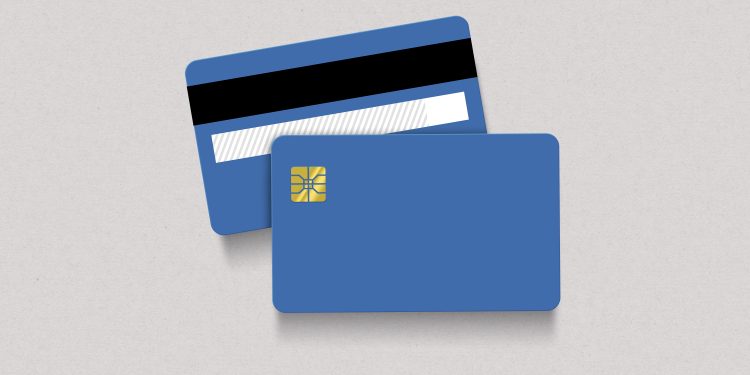When we read of Citi’s Ralph Andretta joining Alliance Data (ADS) in 2020, we suggested that “three would be the charm,” as the firm went through the retirement of Ed Heffernan and a short-lived interim president. For a period, the firm had three CEOs in 12 months.
We cited a quote in the American Banker, where Mr. Andretta said he “would spend the next 100 days on a listening tour and would work to develop a strategic plan for the firm by late spring.” And from the looks of it, he wasn’t kidding.
In December 2020, Alliance Data acquired Bread, a fintech early to the game with Buy Now, Pay Later, for $450 million. The purchase brought new, slick technologies to ADS, an established industry player formed decades ago based on technologies from JCPenney, and The Limited.
The company rebranded to Bread Financial today, and it is fair to say that they will leverage the digital assets of their acquisition. Their sweet spot traditionally has been retailers below the span of Citi in the private label credit card space; Citi targets iconic brand names, such as Home Depot and Exxon Mobile. Synchrony (SYF) is a closer competitor to Bread Financial. Since the recent retirement of their CEO, SYF has also pushed closer to the digital point of sale to engage retail sales along digital and mobile lines.
At Bread Financial, credit sales rose $8.8 billion in 2021, up 15% over the prior year, and net losses stood at 4.4%. Credit losses in the PLCC space are traditionally higher than bank cards because of softer lending standards. However, pricing tends to be higher to offset anticipated risk and fund rich rewards.
The opportunity ahead is to go deep and wide into retail PLCC and branded cards, with controlled credit standards. Bread has an alliance with Fiserv, with plans to roll out in-store capabilities for BNPL and BNPL fintech Sezzle. Also, RBC has a relationship with the platform-as-a-service.
Bread can achieve substantial growth by integrating their BNPL capabilities at the point of sale in their key markets, which address the top 100-250 ranked retailers. Their product capabilities also allow the firm to dive deeper into the retail space, which PLCC typically avoids due to a lack of critical mass. Additionally, with existing Fiserv relationships, which are ubiquitous, Bread will have a solid foot in the door in many markets.
Something we will watch is how Bread will align closer to top credit card lenders in the asset-backed securitization (ABS) market. In our systematic review of ABS filings, we find ADS/Bread relies on an internal score, unlike virtually all other top credit issuers, who use the FICO Score as a standard. The homegrown score might open the funnel for broader credit approvals, but the lack of using the industry-standard often creates a void for those who want to understand returns compared to risk.
Looking ahead at innovation, it will be interesting to watch how Bread evolves. Competitor Synchrony presented several innovations last year, with a secured PLCC card tied to Amazon and a restricted authorization network (RAN) clustering mid-to-small medical and healthcare providers. In addition, Bread can soup up their offerings by pressing deeper into retailing while protecting their traditional space where fintech BNPL targets the point of sale.
As to Ralph Andretta’s 100-day mission, it looks the time was an excellent investment.
Overview by Brian Riley, Director, Credit Advisory Service at Mercator Advisory Group










